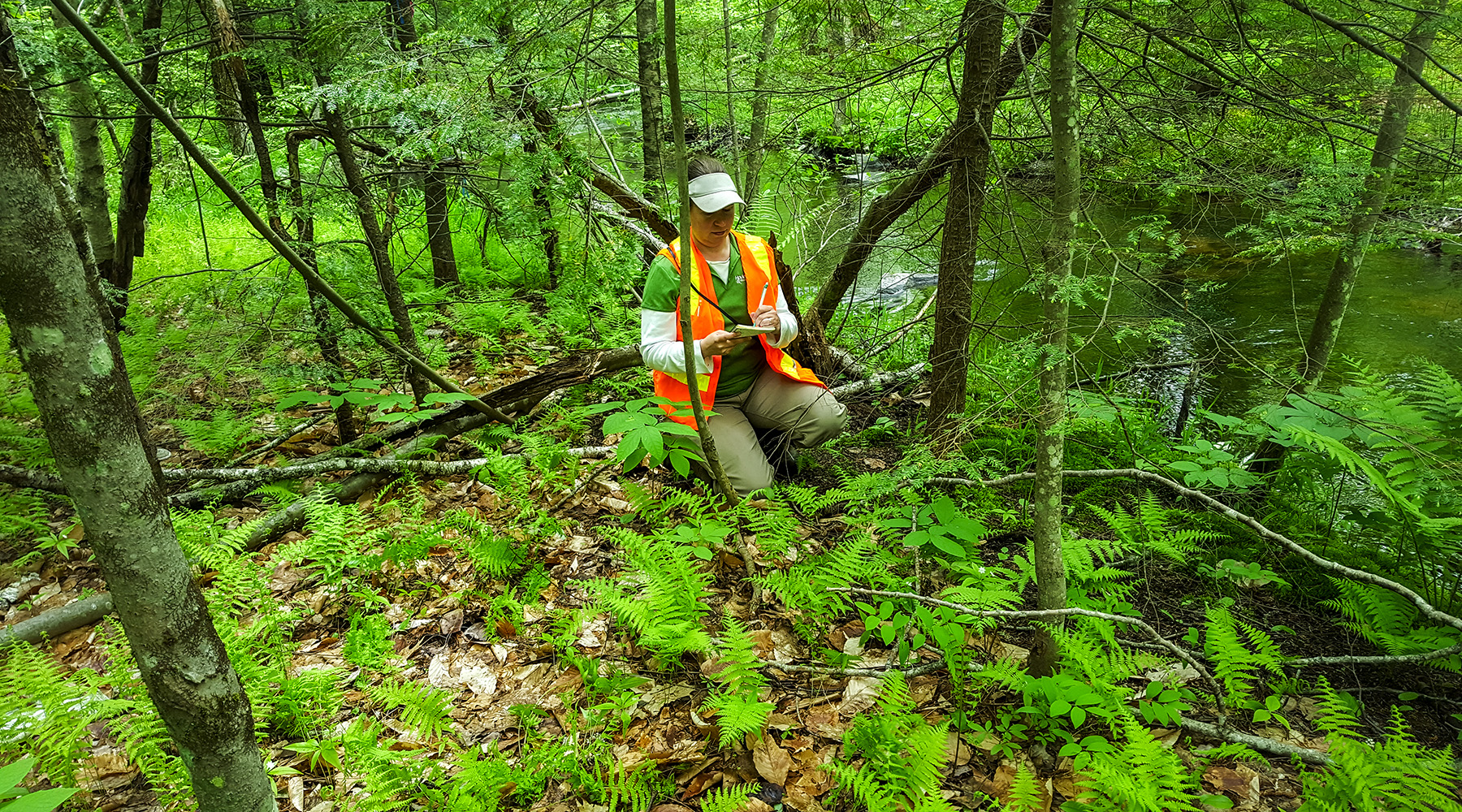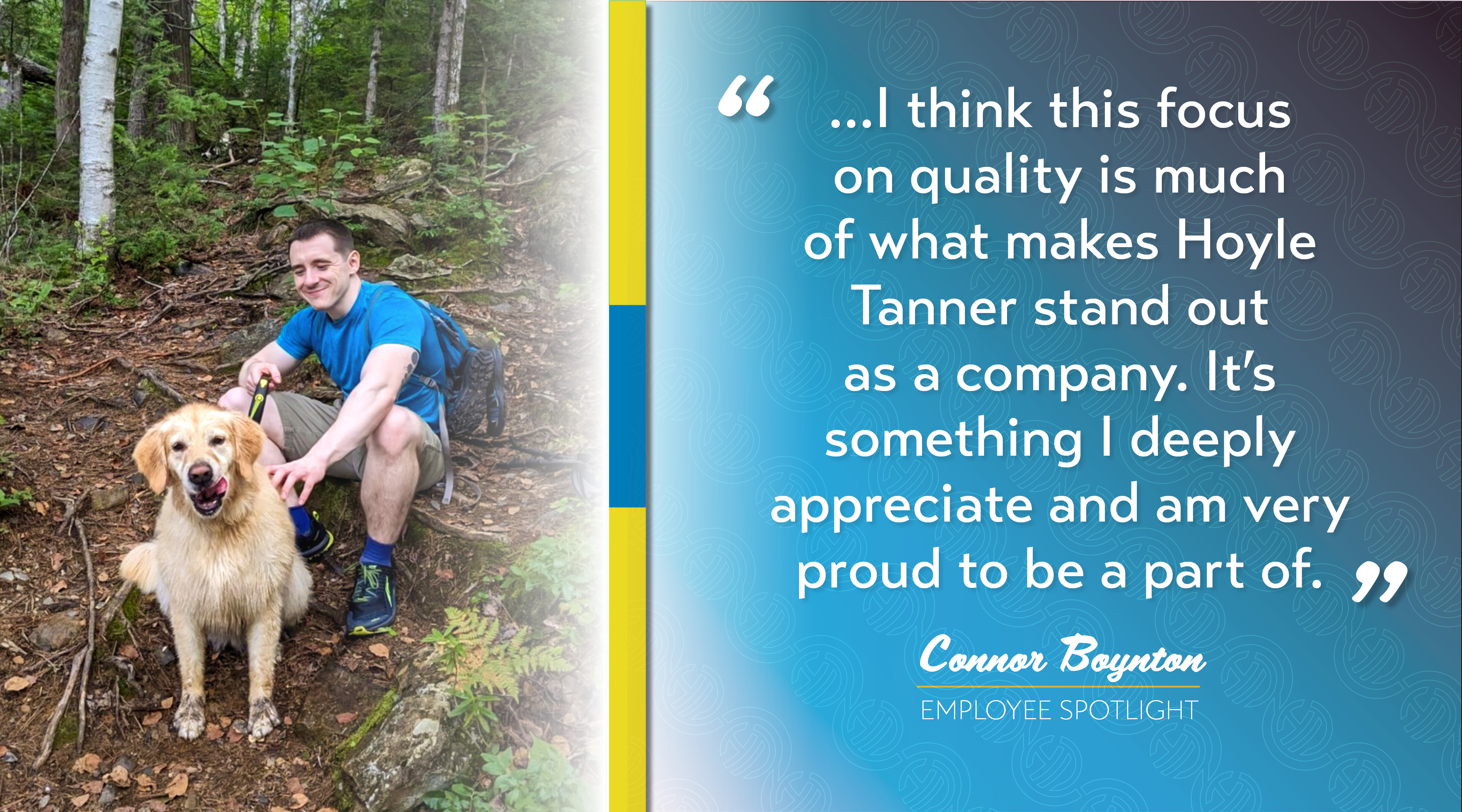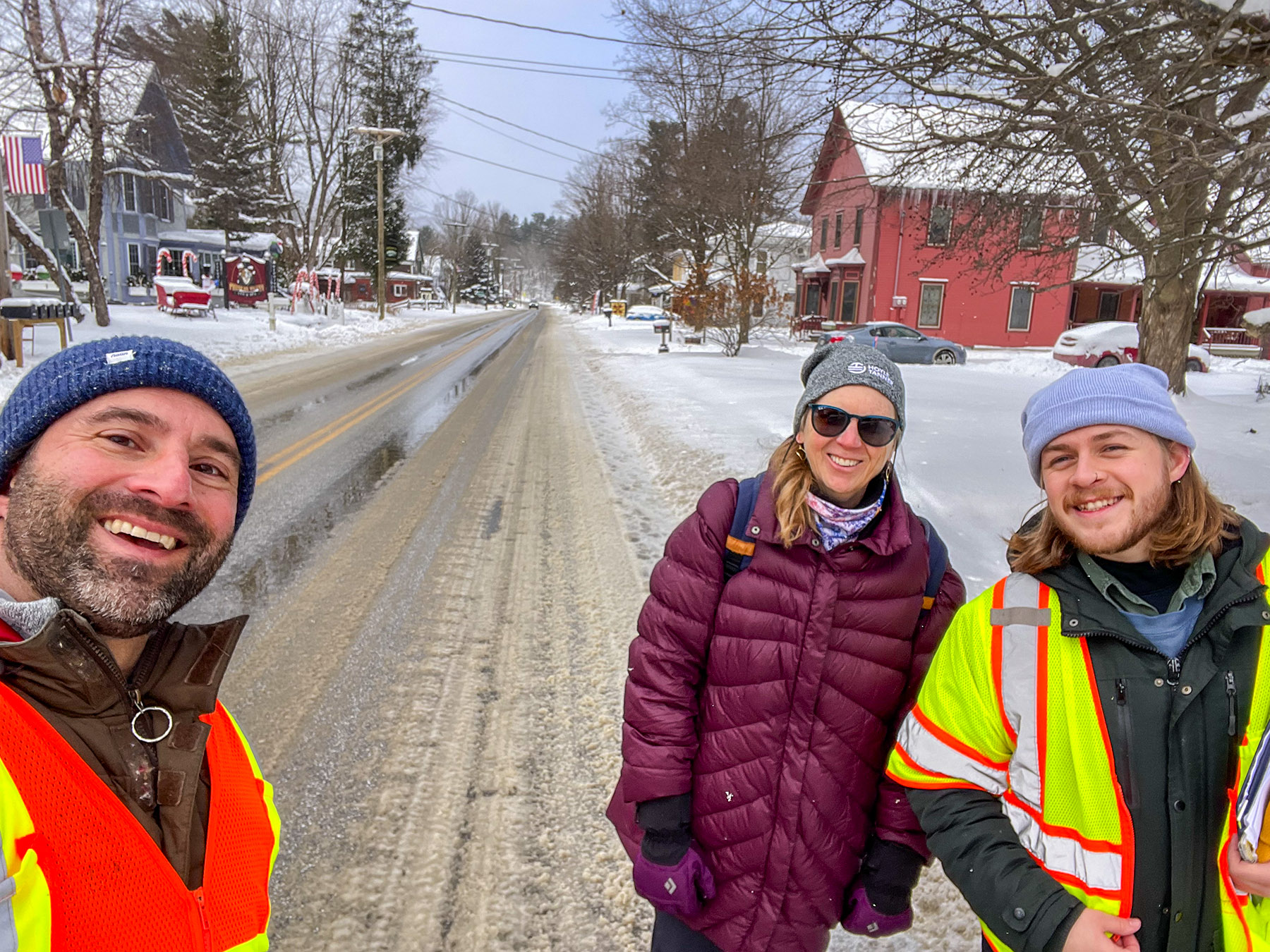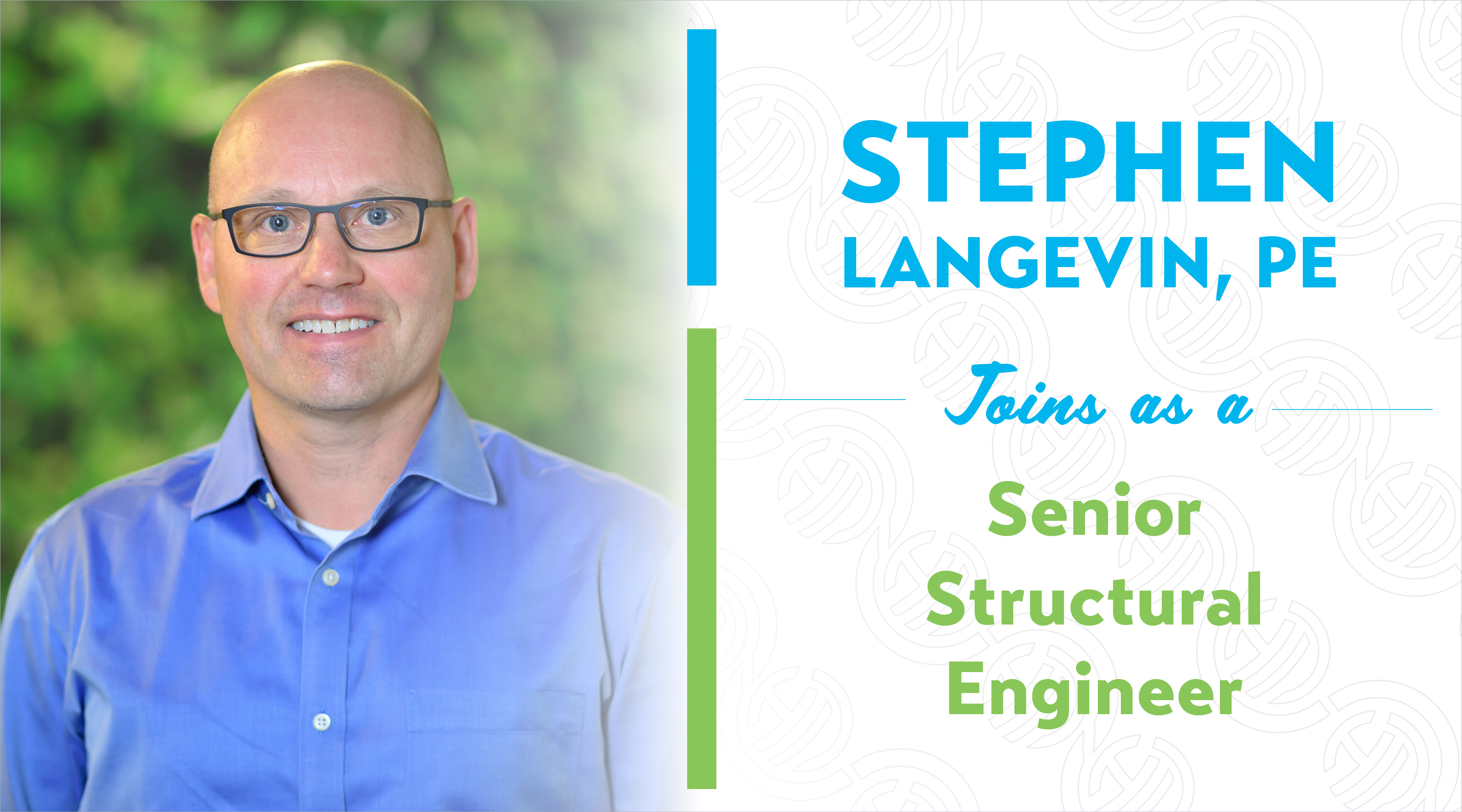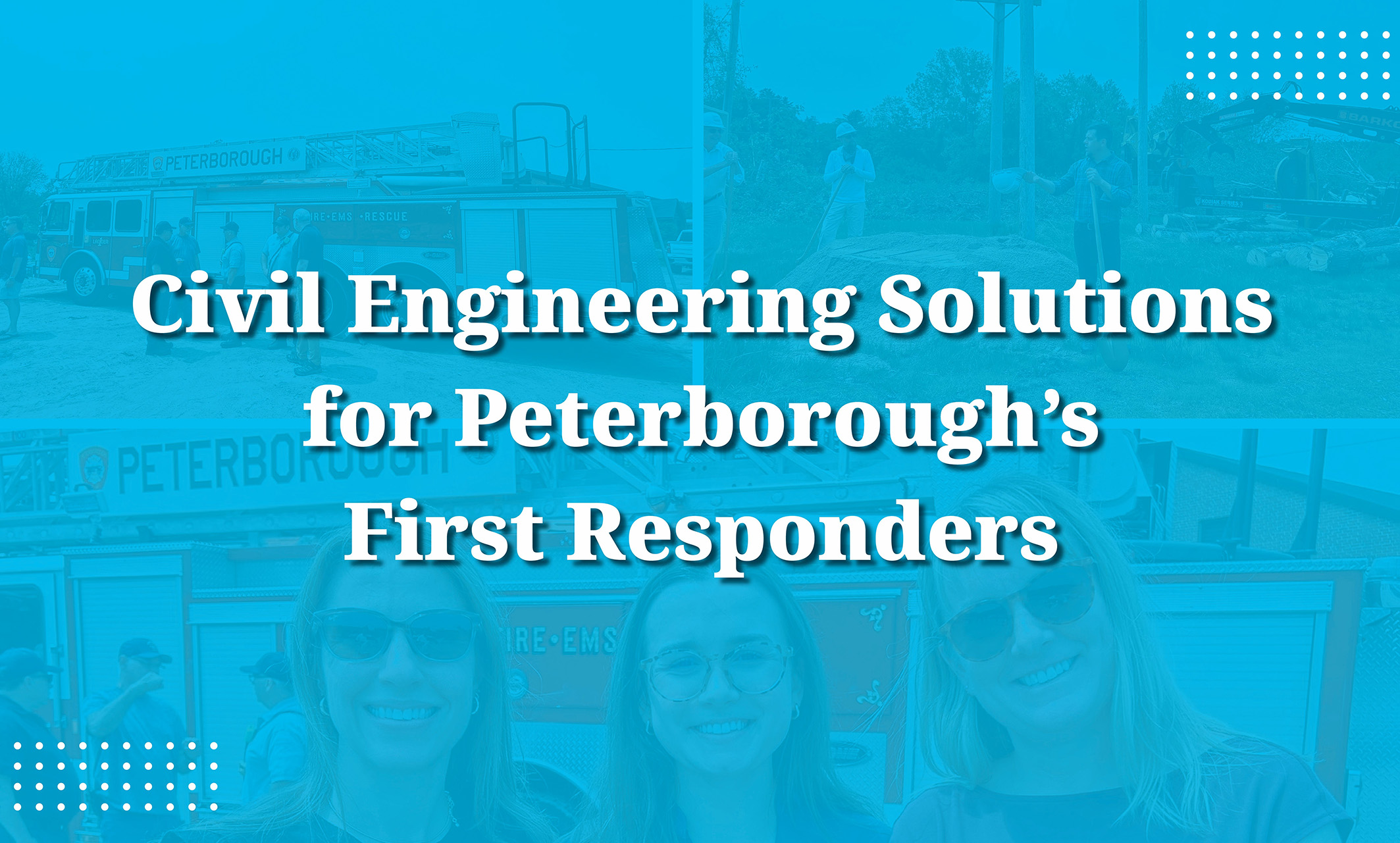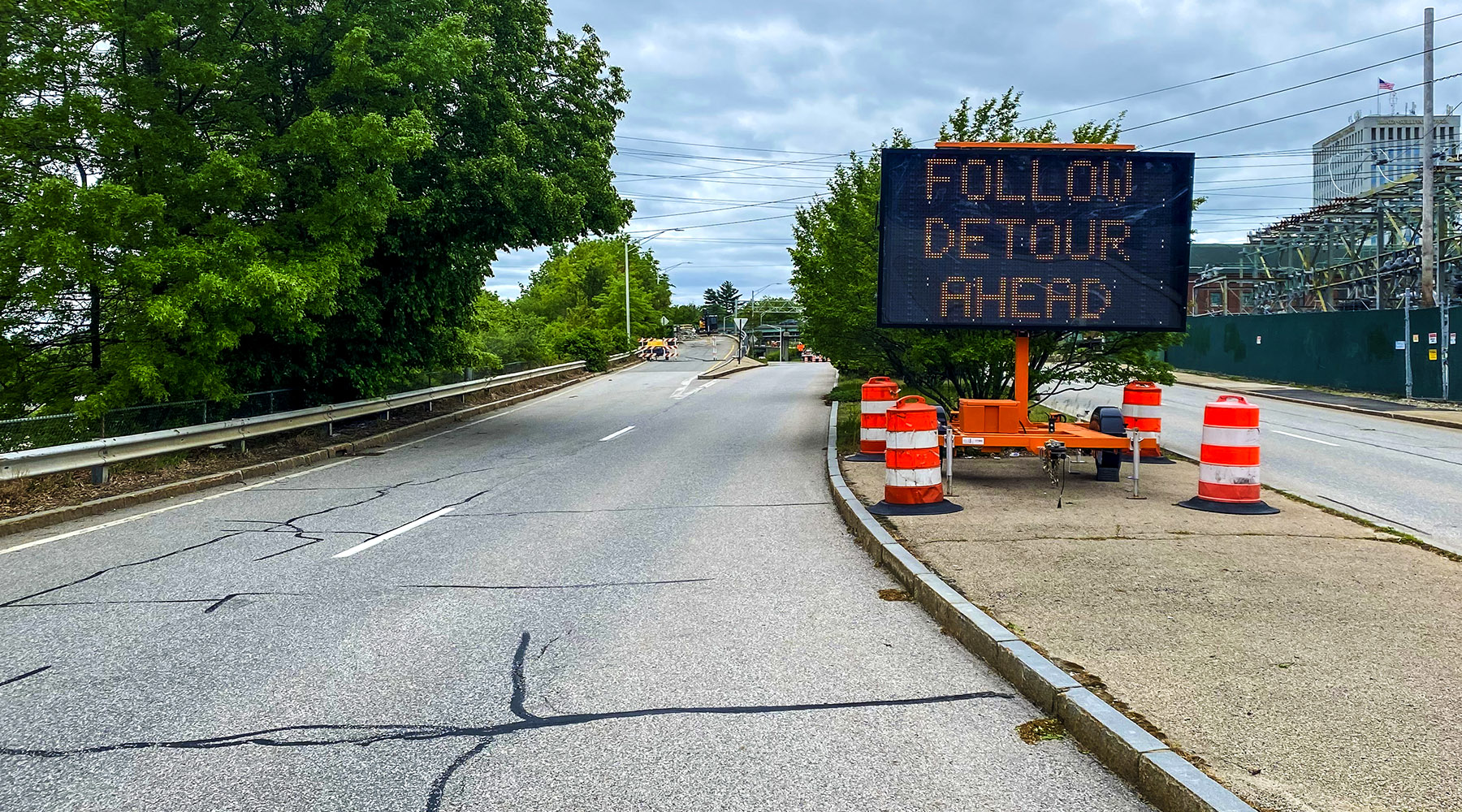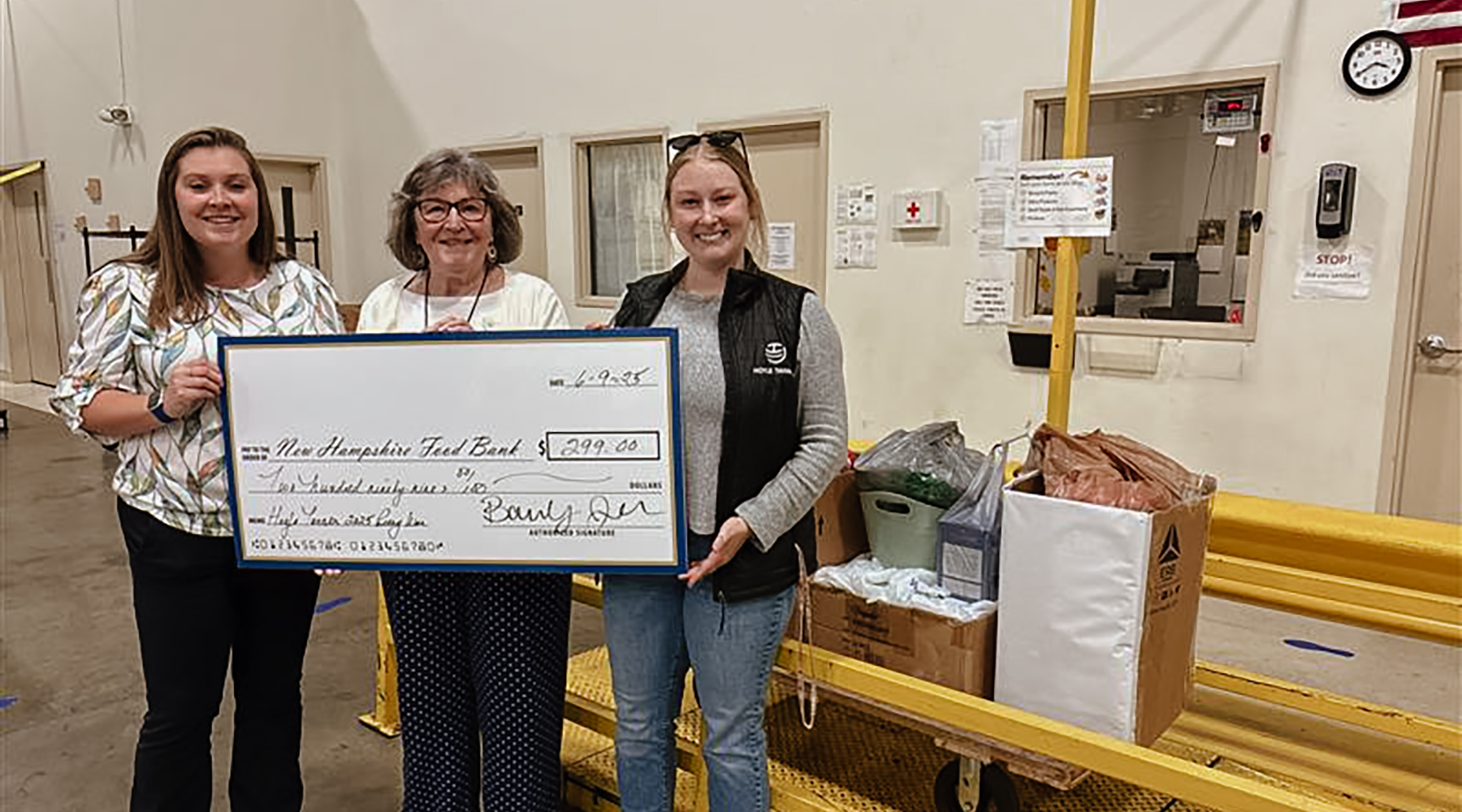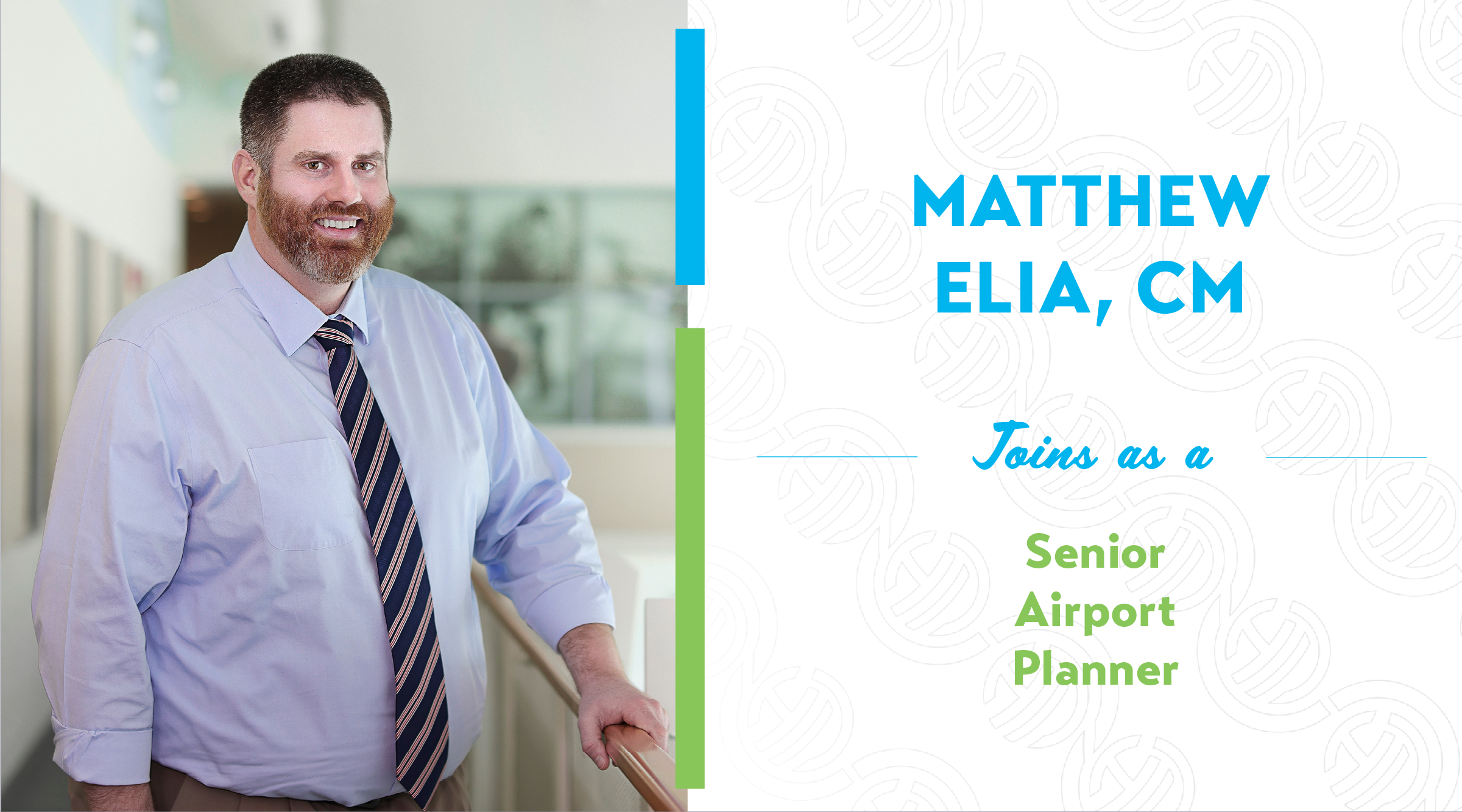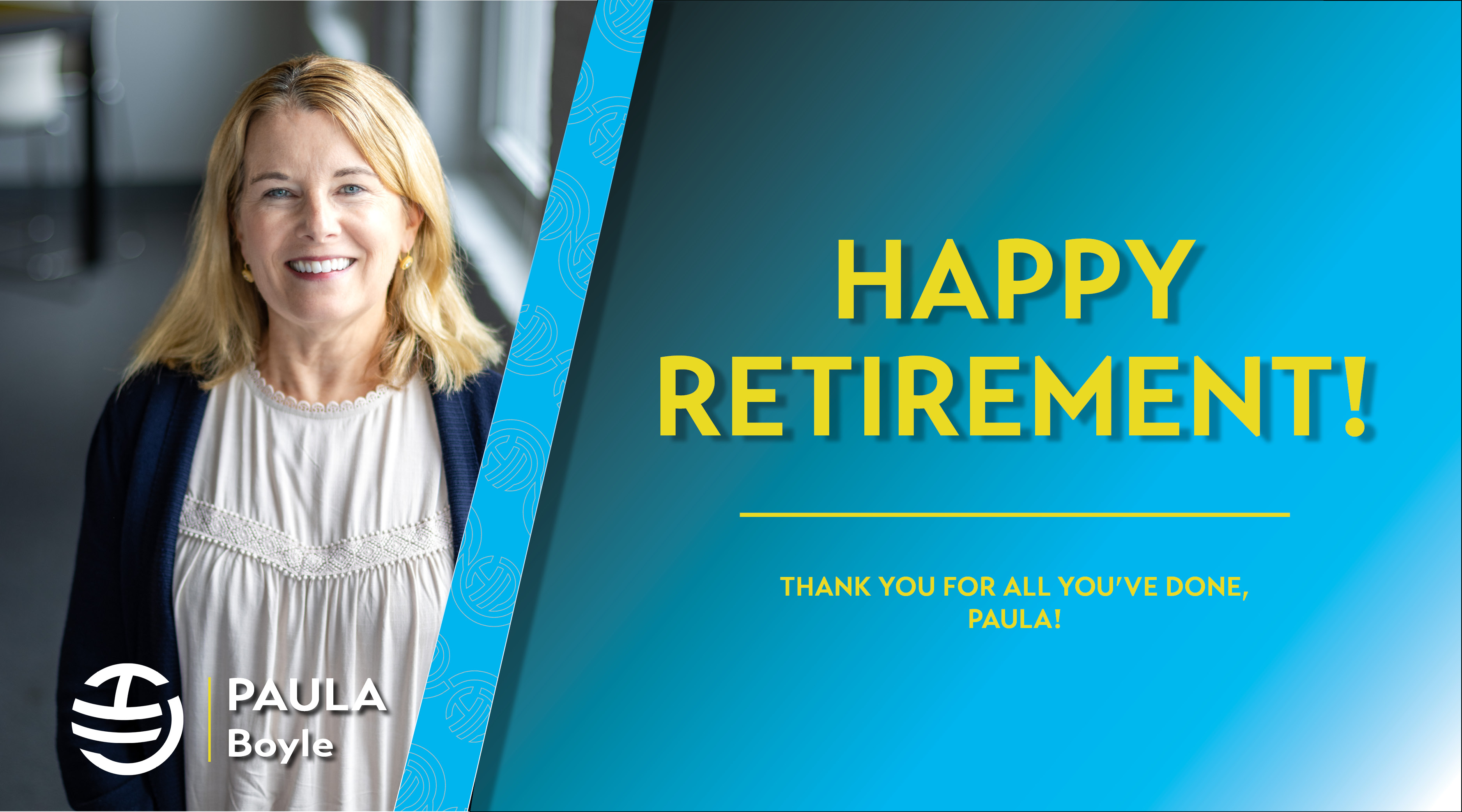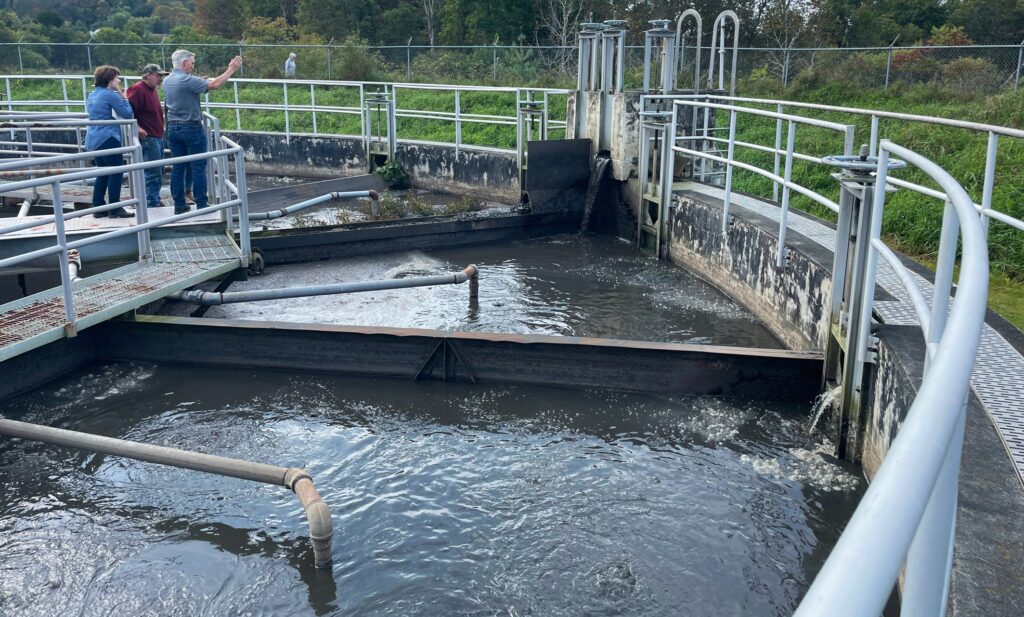
How do we become Trusted Experts for our clients and the communities we serve? Well, a bunch of things need to fall into place. But it really comes down to a relationship based on engagement, collaboration, and commitment. In this article we’re going to look at the development of what we feel is a great relationship with a very important client, the Town of Milford, and the staff who operate the wastewater treatment facility – and how we have worked on becoming a trusted expert.
The First Tenet of Becoming a Trusted Expert: Engagement
Engagement is the opposite of “working in a vacuum” or completing the project the way you think it should be with as little communication as possible. To the contrary, it is a process of interaction and design thinking where we learn how the design really needs to function. We get to know the users, the facility, and what is working or not. This engagement results in a cycle of iteration and improvement that’s more time-consuming but is ultimately more satisfying to the designers and operators.
The team at the Milford Wastewater Treatment Facility (WWTF) has proven to be a group that values engagement. Throughout the design process, a high degree of engagement has provided the opportunity to demonstrate both our technical understanding and our sincere desire to provide high-quality solutions. Likewise, we have developed respect for their expertise, appreciation for their deep understanding of the facility, and commitment to work together until the best solutions are found.
This engagement occurred through regular visits to the WWTF, scheduled phone/video calls, and prompt email responses. After the 60% Documents were published, we hosted a day-long workshop with the Milford Director and Lead Operator and each of our subconsultants to create buy-in for the direction we were heading, and to make course corrections. Technically, it was extremely useful, but I think more importantly, it was a chance for face-to-face engagement and to again demonstrate both our expertise and our enthusiasm for their project.
The Second Tenet of Becoming a Trusted Expert: Collaboration
As a client, look for an engaged team; with an engaged team, it’s hard not to be collaborative. From our team, that implies a deeper level of dialogue than simply jotting down all the features and services they would like in their facility.
For Milford, many solutions required collaboration. The process design modeling and calculations are largely completed without operator feedback, but the configuration of the equipment is extremely collaborative, and some problems required a combination of the operator’s and engineer’s expertise to solve. For example, the pipe, valve, and metering configuration, the operational control, and the construction sequence; where the effluent leaves the main pump station and heads on its way to be processed was one such opportunity. The configuration of this plumbing required knowledge of the process design, of daily facility operations, and construction-phasing as well as bypass or shutdown opportunities.
Collaboration also creates a deeper connection with our subconsultants. The processes require structures, and structures have certain design requirements. The interconnected nature of the building, the users, and the equipment again required an iterative, collaborative process. The engineers know how to economize the building elements, the process and mechanical engineers know what systems and services are needed, the architect and operators know the requirements of the staff. Collaboration is the only way to define the building and provide for the equipment and people. Not collaborating risks delivering a WWTF that functions poorly and hinders the operators. Our design team’s desire for a collaborative relationship resulted in a better design and a deeper personal connection with the client.
The Third Tenet of Becoming a Trusted Expert: Commitment
Engagement and Collaboration are expressions of Commitment, but it is more than just doing your job in an engaged and collaborative way. Commitment is the willingness to go the extra mile to complete the design that helps the operators be the most satisfied. It is the willingness to spend the time critiquing your ideas and the willingness to change course mid-stream when it is the right decision for the project.
Committing to the project in this way leads to great strides in the engineering community, more sustainable, long-lasting designs, and huge enhancements for public health and safety.
On the Milford project we demonstrated our commitment to the design and the operators when several significant Value Engineering changes were proposed by the Value Engineering consultant. The client was not obligated to incorporate any of the recommendations, and we recognized that these changes would make our deadlines very hard to meet. Likely, we could have found justifications for not implementing each recommendation, allowing us to continue on our path. But because of our commitment to providing the best possible outcome, we incorporated all the recommendations we and the client thought were meaningful improvements. The Milford operators recognized and appreciated our commitment, and since we had built a track record of engagement and collaboration, provided us an additional month of time and additional fee to incorporate the recommendations and deliver a better project.
Why our Clients Choose Us
We believe that to become your trusted expert, you require Engagement, Collaboration, and Commitment. Your trust benefits us because it strengthens our team and allows us the flexibility to grow with you – providing optimal project outcomes and sustainable infrastructure. Our goal of becoming your Trusted Expert is why our clients keep choosing us. At the end of the day, it’s not just about designing and executing a great project; it’s about being worthy of continued trust and making the world better through design. You can’t make the world better through design if no one trusts you to get the project done well.
Do you have a project that could use some collaboration and engagement? Reach out to me with questions any time.

